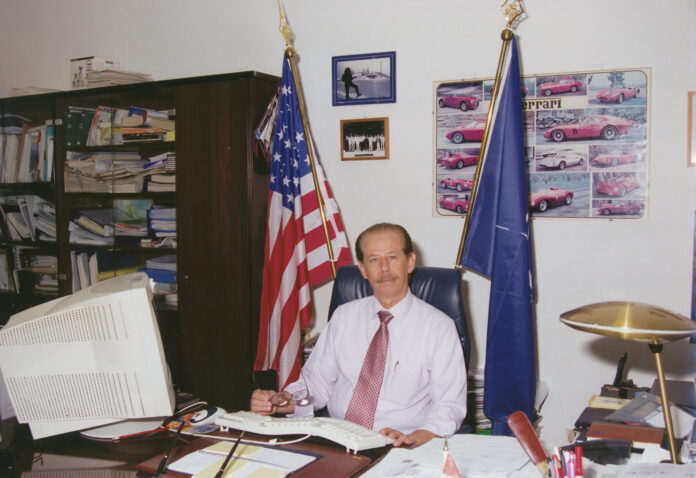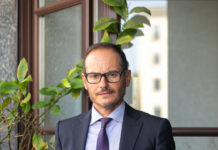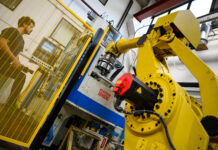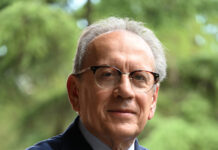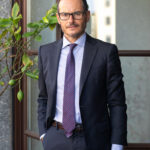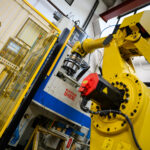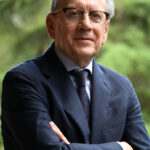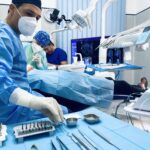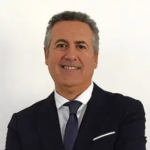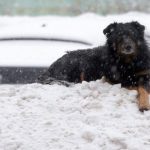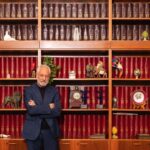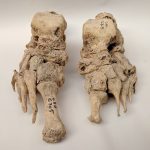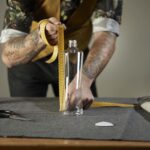Elio Chiavetta was born in Fiume when it was still Italian, in July 1944. When, three years later, the Paris Peace Conference sanctioned the assignment of those territories to the Socialist Federal Republic of Yugoslavia, he was forced to leave his birthplace: his father Giovanni, a member of the Carabinieri Corps, was assigned to the Carabinieri barracks in Termine Imerese (PA). And it was here that Elio spent his childhood until his father’s subsequent transfer. He was little more than 15 when he and his family moved to Los Angeles, California, where he began his studies, first at Foshay Junior High School and later at Abraham Lincoln High School. For any Italian, attending an American school could be quite a cultural shock, but Elio did not lose heart. He attended special courses to learn English and managed to obtain very high marks, especially in mathematics and science. Standing out among many, he was admitted to attend the summer course of Professor Edward Tel-ler, a nuclear physicist of Hungarian-Jewish origin who would win the first Ig No-bel Peace Prize in 1991, as the father of the hydrogen bomb (the first experimental specimen was detonated on 10 November 1952 in the Enewetak Atoll in the Pacific Ocean (Operation Ivy)) and the first supporter of the Strategic Defence Initiative. Helium’s path is now set, his passion for science will guide him for the rest of his life. He thus decided to enrol in the Faculty of Electronic Engineering at California State University. After two years, however, he had to discontinue his studies. Having become a US citizen in the meantime, he joined the war in Vietnam in 1965 as a volunteer in the Air Force, where he spent six months working on communication systems. Long months lived intensely under bombardment, amidst the aftermath of military operations, among a people condemned to hell on earth. After six months, he was sent to Italy, to Montevergine in the province of Avellino, where he was assigned to the USAF Base – Detachment 22 – which was part of the MedCom 486L System for tro-spheric communications of the American network of strategic nuclear systems. At this point, another phase of Elio’s life begins. Shortly afterwards, he won the inter-national NATO competition as Chief Engineer and was assigned to the Supreme Allied Commander Europe Centralized Training Facility in Latina, where he took up his duties on 5 March 1973. Once again, he distinguished himself for his merits: he managed to set up the first NATO training group in the field of ciphers used for secret communications between NATO commands and Atlantic Alliance capitals. During this time, he designed and directed the first computerised system for training technicians, operators and engineers of communication systems used in the deployment of NATO military forces in the war theatres of Bosnia, Kosovo and Afghanistan. After 34 years of service, he left NATO on 30 October 2007 after contributing dozens of publications (classified and unclassified) to the improvement of the International Organisation’s training activities. “I felt like starting something new,” he sincerely admits. And so, after founding Chiavetta Aerospace with the aim of designing and building a star navigator, he decided to devote himself to healthcare and people’s health. As majority and reference partner, he took over full-time as Sole Director of Medical Pontino srl in Latina, a Medical Centre affiliated with the Health System that includes an Analysis Laboratory, Diagnostic Imaging and Specialist Outpatient Clinic. “My life path has taught me to put people at the centre of everything”.
Medical Pontino: a faithful, loyal and supportive company serving the patient
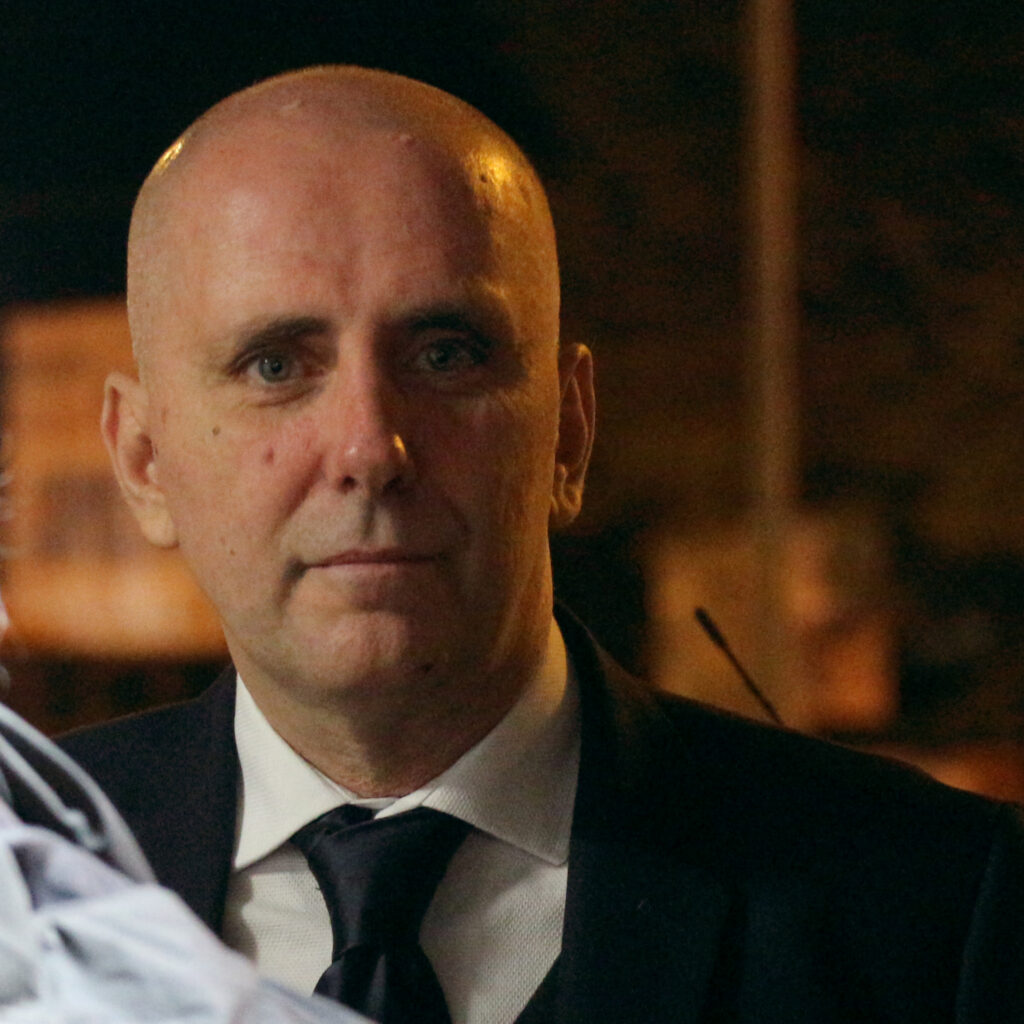
Medical Pontino was born from a far-sighted vision. The basic idea was to transform a small analysis centre, which later became an outpatient clinic, into a facility of excellence, capable of guaranteeing top-quality services at a reasonable price, within the reach of everyone, even the poorest families. Elio Chiavetta and his son Giovanni took over the company back in 1999. Since then, the Latina Diagnostic Centre has become an example of excellence on the national health scene for the high quality, reliability and completeness of its services. In over twenty years, it has combined business and ethics, investing in technological innovation, and providing high-profile specialist services, thanks to a qualified and competent medical staff capable of assisting the patient at all stages of the therapeutic process. A perfect combination of technology and professionalism, entrepreneurship and ethics, thanks to which this virtuous reality has been able to focus on the promotion of increasingly complex care services, making the centrality of the patient its founding value. “The key word of our business model is responsibility towards the user and society,” emphatically asserts Giovanni Chiavetta, Administrative Director of the facility, “an obligation we fulfil both by guaranteeing high-profile services and by enhancing the social role of the company, strengthening its ties with the territory. “Our mission is in fact to maximise customer satisfaction, taking the good of our patients to heart, guaranteeing the high quality of the services we provide in all circumstances (a commitment that requires constant investment in professionalism and technology), and always combining business with ethics and social commitment.










































